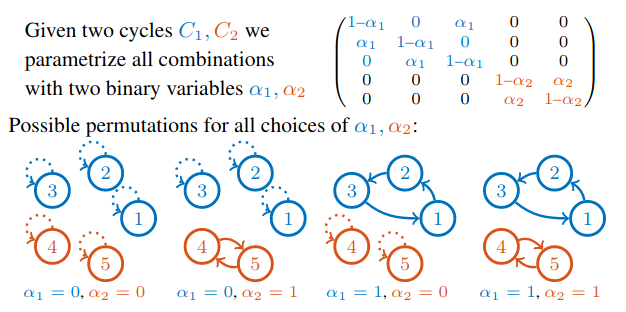Q-Match: Iterative Shape Matching via Quantum Annealing
Published in International Conference on Computer Vision (ICCV), 2021
Marcel Seelbach Benkner, Zorah Lähner, Vladislav Golyanik, Christof Wunderlich, Christian Theobalt, Michael Moeller

Abstract
Finding shape correspondences can be formulated as an NP-hard quadratic assignment problem (QAP) that becomes infeasible for shapes with high sampling density. A promising research direction is to tackle such quadratic optimization problems over binary variables with quantum annealing, which, in theory, allows to find globally optimal solutions relying on a new computational paradigm. Unfortunately, enforcing the linear equality constraints in QAPs via a penalty significantly limits the success probability of such methods on currently available quantum hardware. To address this limitation, this paper proposes Q-Match, i.e., a new iterative quantum method for QAPs inspired by the alpha-expansion algorithm, which allows solving problems of an order of magnitude larger than current quantum methods. It works by implicitly enforcing the QAP constraints by updating the current estimates in a cyclic fashion. Further, Q-Match can be applied for shape matching problems iteratively, on a subset of well-chosen correspondences, allowing us to scale to real-world problems. Using the latest quantum annealer, the D-Wave Advantage, we evaluate the proposed method on a subset of QAPLIB as well as on isometric shape matching problems from the FAUST dataset.
Resources
Bibtex
@InProceedings{seelbach2021qmatch,
author = {Marcel {Seelbach Benkner} and Zorah L\"ahner and Vladislav Golyanik and Christof Wunderlich and Christian Theobalt and Michael Moeller},
title = {Q-Match: Iterative Shape Matching via Quantum Annealing},
booktitle = {International Conference on Computer Vision (ICCV)},
year = {2021},
}
